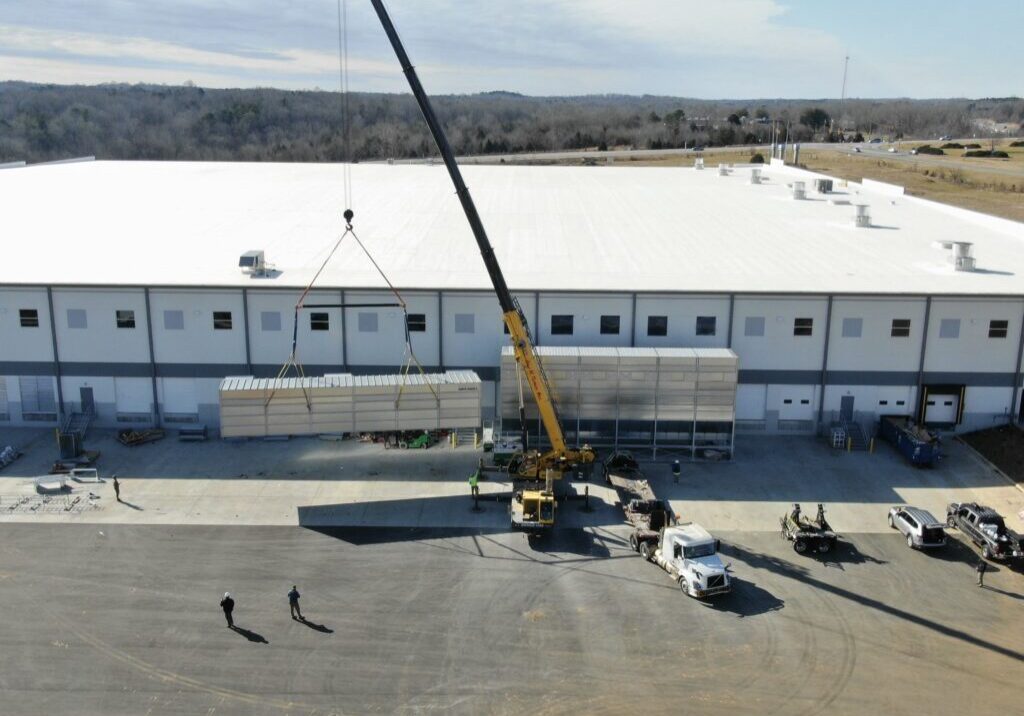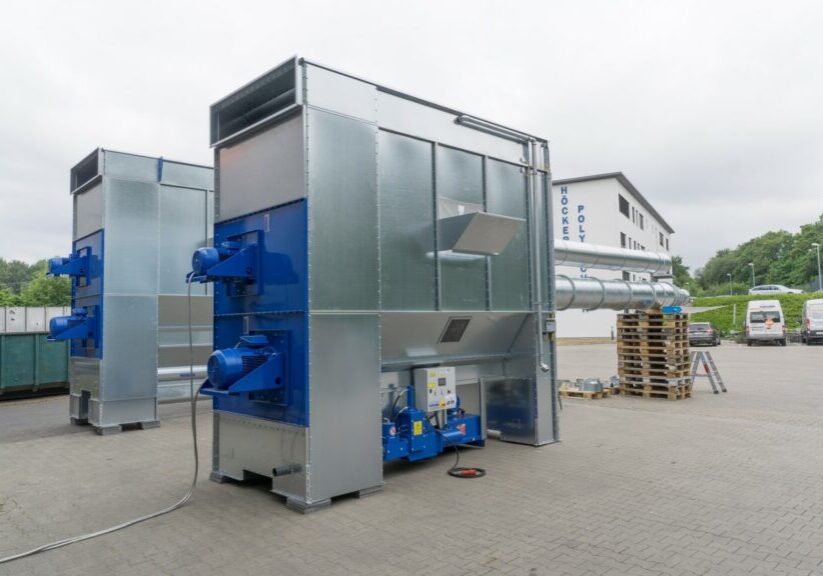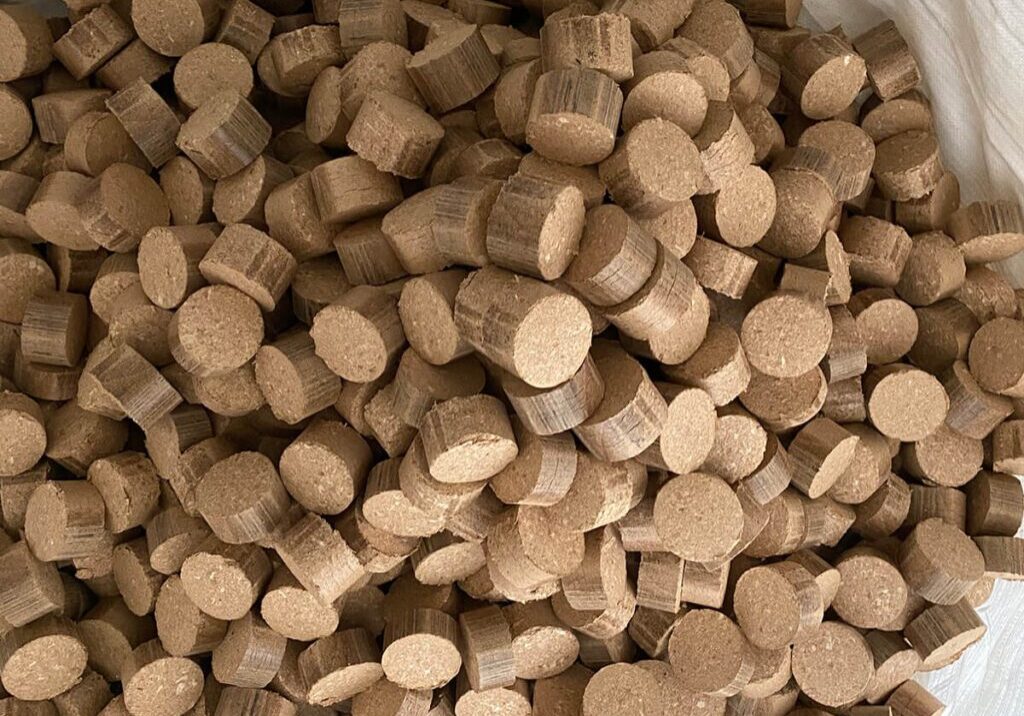Woodworking shops produce a lot more than just beautiful furniture and intricate designs — they generate a significant amount of wood waste. While sawdust, chips, and shavings might seem like a byproduct with little value, what if that waste could actually work for you instead of being left to be swept away? Enter briquetting — a process that transforms wood waste into fuel, turning what was once a disposal headache into a sustainable, cost-saving solution.
In an industry where sustainability and efficiency are more important than ever, energy recovery through briquetting is not only a smart environmental move but also a way to save money. Let’s dive into how this works and why it might be the next big step for your woodworking business.
What Is Briquetting?
Briquetting is the process of compressing wood waste into small, dense blocks called briquettes. These briquettes can then be used as fuel in various industrial settings or even for heating. Think of it as giving your wood waste a second life — it no longer clogs up your dust collectors or takes up valuable storage space. Instead, it becomes a renewable energy source that benefits your operation.
This transformation happens through a series of steps where wood chips, shavings, and sawdust are compressed under high pressure. The result? Clean, solid fuel that can be burned to generate heat or energy. It’s a brilliant solution that helps woodworking professionals reduce waste and save on energy costs at the same time.
Why Briquetting Makes Sense for Woodworking
So, why should your woodworking shop consider investing in a briquetting system? Here are some of the key reasons why briquetting could make a real difference in your operations:
1. Sustainability in Action
In today’s world, sustainability is more than a buzzword — it’s a necessity. Woodworking shops are already working with a renewable material, and by embracing briquetting, you’re taking it a step further. Briquetting allows you to recycle your wood waste, converting it into fuel that reduces the need for fossil fuels. This process not only lowers your environmental footprint but also helps you align with growing consumer demand for eco-friendly practices.
By turning your wood waste into energy, you’re contributing to a closed-loop system where nothing goes to waste. What could be better for the environment than reusing your waste as a power source? It’s a win for your business and for the planet!
2. Cost Savings and Efficiency
While sustainability is a major driver, cost savings are often the deciding factor for many woodworking professionals. Wood waste disposal can be expensive, especially if you’re producing large volumes. Briquetting helps eliminate those disposal costs. Instead of paying to get rid of wood waste, you’re turning it into a usable product — one that can either be used in-house for heating or sold to other businesses as an alternative fuel source.
Additionally, briquettes are highly energy-efficient. They burn longer and hotter than raw wood chips or sawdust, making them an ideal fuel for industrial applications. If your facility uses boilers or heating systems, briquettes offer a cheaper, more efficient alternative to traditional energy sources.
3. Cleaner, Safer Workshop
Briquetting isn’t just about energy — it’s about creating a safer work environment. Wood dust, if left unmanaged, can pose a significant fire risk, especially in large quantities. By compressing your wood waste into briquettes, you reduce the volume of loose dust and chips in your facility, lowering the risk of fires or explosions. Plus, with less dust floating around, your workshop stays cleaner and more organized, which everyone can appreciate.
4. Profit Potential
Yes, you read that right — briquetting can turn wood waste into a profit center. While you can certainly use the briquettes to power your own equipment or heating systems, there’s also a growing market for selling wood briquettes to other industries. Many manufacturers, especially those looking to reduce their reliance on traditional fossil fuels, are eager to purchase renewable energy sources like briquettes.
Imagine turning what was once a cost center — your waste management — into a revenue stream. Briquetting doesn’t just save you money; it can also help you make money.
The Process: From Waste to Fuel
How does the briquetting process actually work? It’s simpler than you might think:
- Collection: First, wood waste is collected from your machines — whether it’s from planers, sanders, or saws.
- Preparation: The wood waste is then dried if necessary, depending on the moisture content. Many briquetting systems work best when the material has a moisture level of around 10-15%.
- Compression: The dried wood waste is fed into a briquetting machine, where it is compressed under high pressure without the need for any additives. The compression process forces out any remaining moisture and compresses the wood into dense, uniform briquettes.
- Storage or Use: Once briquettes are formed, they can either be used in your facility or stored for later use — or even sold!
Why Choose Höcker North America for Briquetting Solutions?
At Höcker North America, we specialize in designing custom dust collection and briquetting systems tailored to your woodworking shop’s unique needs. We understand the intricacies of wood waste management, and our briquetting solutions are engineered to maximize efficiency and minimize waste.
Our systems not only help you achieve sustainability goals, but they also provide real cost savings. And let’s not forget, they keep your shop cleaner, safer, and more organized — so you can focus on what you do best: creating outstanding woodworking products.
Ready to Turn Your Waste into a Win?
Briquetting offers a simple yet impactful way to reclaim the value in your wood waste. It’s a smart, sustainable solution that turns a liability into an asset — reducing disposal costs, lowering your carbon footprint, and even opening up new revenue opportunities.
Want to learn more about how briquetting can work for your shop? Let’s chat. Because at Höcker North America, dust is no small matter, and neither is making the most of your resources.








